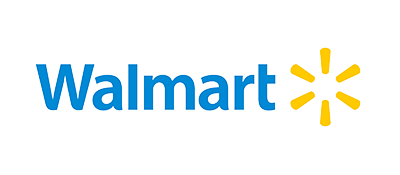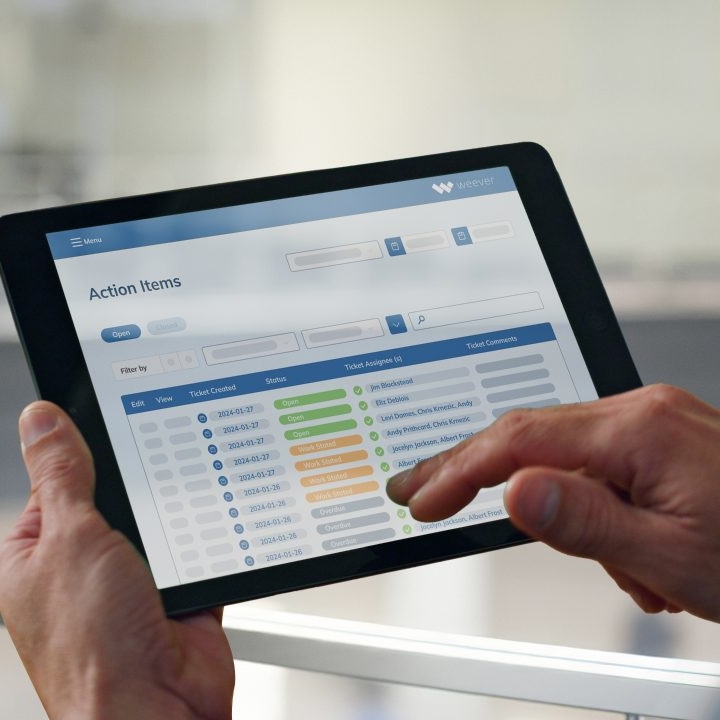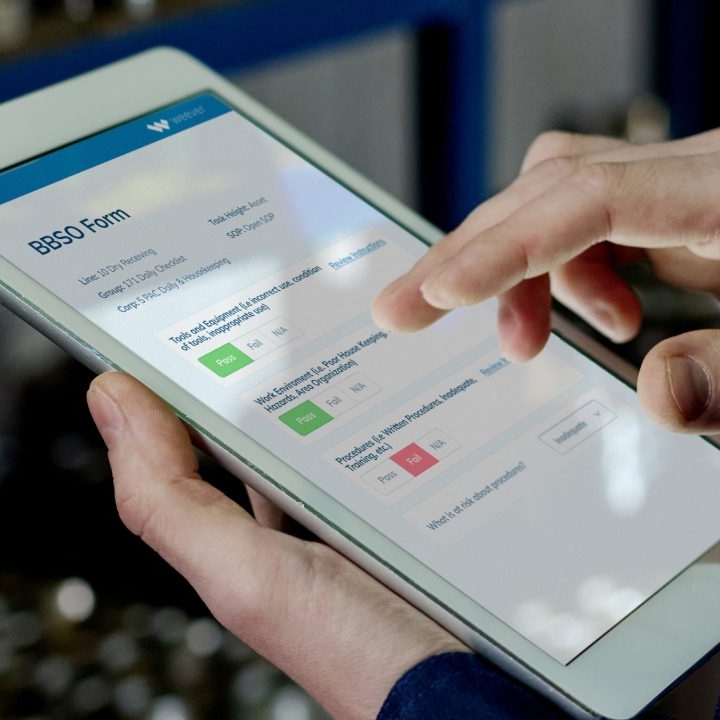How Can We Expand Autonomous Maintenance Practices Beyond Manufacturing, and How Does Weever Support Diverse Industries?
Expand Autonomous Maintenance beyond manufacturing with Weever, enhancing productivity in food, clothing, and warehousing industries.

Autonomous Maintenance (AM), a key component of Total Productive Maintenance (TPM), has proven its effectiveness in the manufacturing sector by empowering operators to take ownership of routine maintenance tasks. This approach not only enhances productivity but also minimizes downtime and extends the lifespan of equipment.
However, the principles of AM can be applied far beyond the manufacturing floor. Industries such as food production, clothing, and warehousing can also benefit from these practices, and Weever's software solution offers the tools and features necessary to support this transition.
To successfully implement AM across these diverse industries, it's essential to begin with an intuitive and accessible platform that requires minimal training-an area where Weever truly excels.
Adopting Autonomous Maintenance with Minimal Training
One of the challenges of implementing AM in new industries is ensuring that team members, who may not have a manufacturing background, can easily adopt these practices. Weever addresses this challenge with its intuitive interface, which is designed to be user-friendly across various sectors, including food, clothing, and warehousing.
Weever's platform simplifies complex maintenance procedures, allowing users to easily navigate through tasks without the need for extensive training. For example, in the food industry, where strict hygiene and safety standards are critical, Weever's clear and straightforward interface enables staff to perform routine equipment checks and cleaning protocols with confidence. Similarly, in the clothing industry, where machinery maintenance is essential for quality control, Weever ensures that operators can easily follow maintenance schedules and procedures.
The platform's adaptability also extends to the warehousing sector, where equipment such as forklifts, conveyor belts, and storage systems require regular maintenance to prevent disruptions in the supply chain. Weever makes it easy for operators to log maintenance activities, schedule inspections, and track the condition of equipment, all through a user-friendly dashboard that requires minimal training to use effectively.
Streamlining Maintenance Across Sectors
In any industry, maintenance tasks can be time-consuming and prone to human error, leading to costly downtime and inefficiencies. Weever addresses these issues by automating maintenance workflows and assigning action items to ensure that essential tasks are systematically completed.
- In the food industry, for instance, Weever's automated workflows can be configured to trigger specific maintenance tasks based on equipment usage or time intervals. This ensures that machinery is regularly cleaned and sanitized, preventing contamination and maintaining product quality. Automated alerts can also notify staff when it's time to perform critical maintenance, reducing the risk of equipment failure.
- In the clothing industry, where machinery is often subject to continuous use, Weever's automated action items can help prevent unexpected breakdowns by scheduling preventive maintenance activities. This proactive approach not only extends the life of the equipment but also ensures that production schedules are met without interruption.
- For warehousing operations, Weever's platform automates the scheduling of routine checks and maintenance for essential equipment. By assigning action items to specific team members, Weever ensures accountability and prevents maintenance tasks from being overlooked. This systematic approach helps maintain the efficiency and reliability of warehousing operations, ensuring that goods are stored and moved without delays.
Optimizing Operations with Data-Driven Decisions
Data plays a crucial role in optimizing maintenance practices across industries. By leveraging the data collected from maintenance activities, organizations can gain valuable insights and identify trends that help optimize operations and reduce maintenance costs. Weever's platform excels in providing these insights through its advanced analytics and reporting features.
- In the food industry, for example, Weever can track the frequency and types of maintenance performed on specific equipment, allowing managers to identify patterns and make informed decisions about equipment replacement or upgrades. By analyzing maintenance data, organizations can also optimize their cleaning schedules to ensure compliance with regulatory standards while minimizing downtime.
- In the clothing industry, Weever's analytics can help managers identify the root causes of recurring equipment issues, enabling them to take corrective actions before they escalate into major problems. This data-driven approach not only improves equipment reliability but also enhances overall production efficiency.
- For warehousing operations, Weever's insights can be used to monitor the performance of critical equipment such as forklifts and conveyor systems. By analyzing maintenance trends, managers can identify potential issues early and take preventive measures to avoid costly disruptions in the supply chain. Additionally, Weever's data can be used to optimize the scheduling of maintenance activities, ensuring that they are performed during off-peak hours to minimize impact on operations.
Maintaining High Standards of Efficiency and Productivity
Real-time reporting is essential for maintaining high standards of efficiency and productivity in any industry. Weever's platform offers robust real-time reporting capabilities that provide up-to-date information on maintenance tasks, allowing managers to monitor progress and address issues promptly.
- In the food industry, where compliance with safety regulations is critical, Weever's real-time reporting ensures that maintenance activities are documented and completed on schedule. This not only helps maintain product quality but also provides traceability in the event of an audit or inspection.
- In the clothing industry, Weever's real-time reporting allows managers to track the status of maintenance tasks and ensure that production schedules are not disrupted. By having access to real-time data, managers can quickly identify and resolve any issues that may arise, ensuring that production runs smoothly.
- For warehousing operations, real-time reporting is crucial for maintaining the flow of goods and minimizing downtime. Weever's platform provides managers with a real-time view of maintenance activities, allowing them to respond quickly to any equipment issues and prevent disruptions in the supply chain.
Ensuring Smooth Adoption Across Diverse Industries
Expanding AM practices beyond manufacturing requires a structured rollout methodology to ensure smooth and consistent adoption across diverse industries. Weever supports this process by offering customizable templates and best practice guidelines tailored to the specific needs of different sectors.
- In the food industry, Weever's rollout methodology can be customized to address the unique challenges of maintaining hygiene and safety standards. The platform provides templates for routine cleaning and inspection tasks, ensuring that staff can easily follow the necessary procedures to maintain compliance.
- In the clothing industry, Weever's rollout methodology includes templates for preventive maintenance schedules and machine inspections, helping operators to adopt AM practices with confidence. By following these guidelines, organizations can reduce equipment downtime and improve production efficiency.
- For warehousing operations, Weever's rollout methodology offers a step-by-step approach to implementing AM practices. The platform provides templates for routine checks and maintenance tasks, ensuring that all equipment is maintained according to best practices. This structured approach helps warehousing operations optimize their maintenance activities and maintain a high level of efficiency.
Autonomous Maintenance Represents a Significant Opportunity to Enhance Productivity
Weever's advanced platform supports this transition by providing user-friendly tools, automated workflows, data-driven insights, real-time reporting, and a structured rollout methodology. By adopting Weever's platform, organizations across diverse industries can successfully implement AM practices and achieve their operational goals.
Ready to elevate your maintenance practices and boost productivity across your industry? Discover how Weever can empower your team to implement Autonomous Maintenance seamlessly, regardless of your sector. Contact us today to schedule a demo and see how Weever can transform your operations for the better.
Explore Weever's Solutions for Scaling Autonomous Maintenance Beyond Manufacturing-Learn How We Support Diverse Industries!
TransformExplore Weever's Solutions for Scaling Autonomous Maintenance Beyond Manufacturing-Learn How We Support Diverse Industries!
Continue Reading
"Having cloud-based forms on devices around the facility makes them so much more accessible, which makes it painless for operators to quickly provide a report."
Johanna Velez, VP Quality Assurance

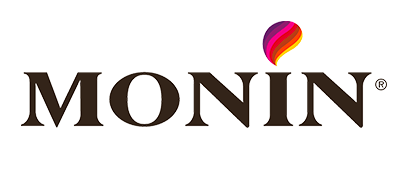
"Weever is really user friendly and will have a massive positive impact on our operations and training team."
Mel Cadle - Op Ex Lead Process Engineer

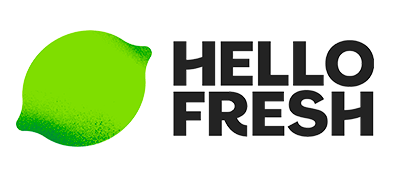
"It's shifted our safety culture because now we are much more focused on what we should be looking at."
Kody Crossen, Operations Manager of EHS

